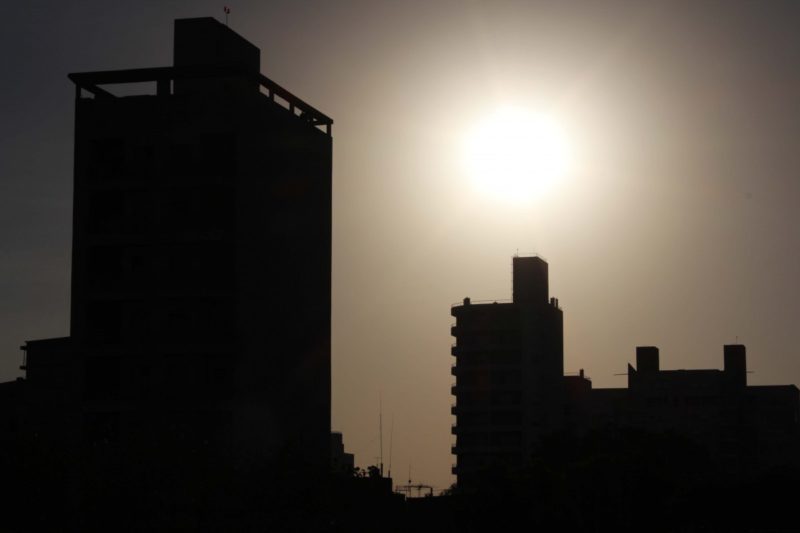Thangam Debbonaire
MP for Bristol West
Shadow Secretary of State for Culture, Media and Sport

For those unaffected by the cladding scandal, it may be difficult to understand the different ways this is weighing on people’s lives. So I thought I would go through my inbox and look at a few worrying cases.
There are heart breaking stories of people’s lives on hold, including emails from people putting off plans to start a family, or unable to move in with a partner. A typical example – a pregnant woman writes to me to tell me she is desperate to move to a larger house, but can’t because her flat is technically worthless. To add insult to injury, her fixed-rate mortgage period will soon end, meaning her rate will go up because of the hit to the value of the flat.
One particularly powerful email was from the family of an elderly man. He needs to move from his flat into a house which has been adapted to suit his mobility – but cannot because potential buyers of his current property wouldn’t be able to get a mortgage.
Another constituent writes “through fits of tears” to tell me he and his partner are unable to move, unable to sell their flat and unable to re-mortgage. This is having a serious effect on people’s mental health after almost a year of lockdown and restrictions. Mental health is a recurring theme in these emails – several report anxiety, panic attacks and insomnia from living in a potentially dangerous building, with mounting bills and no end in sight.
It is not just the cost, or the danger, or being unable to move. Many people tell me they are unable to plan for the future, because they don’t know what new charges and costs are around the corner. Another woman is trying to sell her flat, but has been told she cannot get a mortgage without a building safety form – and the building management company is refusing to arrange to have one completed.
This seems to be a big problem. The government says that EWS1 forms (which certify building safety) can help the sale of buildings 18m tall, however, several constituents in buildings below 18m have told me that mortgage providers are requesting the EWS1 safety certificate anyway, while the building managers are saying this is unnecessary. For many, this means deadlock.
Many leaseholders are being hit with eye-watering bills to replace cladding. Several constituents report charges over £40,000 per flat to fix the cladding problem, something none of them can afford. One writes to me about a bill of over £100,000 on a single flat. On top of all this, ‘waking watches’ – round the clock fire wardens – are an added expense for several constituents, pushing service charges up by hundreds of pounds a month.
This describes just a few of the cases coming into my inbox on a daily basis. And many MPs – particularly those in London with many high rise blocks – will have a lot more. In Bristol we estimate there are at least 51 buildings which have applied for funding to fix their cladding and other fire safety problems. This suggests there are at least 7,000 people living in unsafe flats across the city. This could be a huge underestimate – one of the problems is patchy information as the government has failed to even investigate the scale of the problem.
